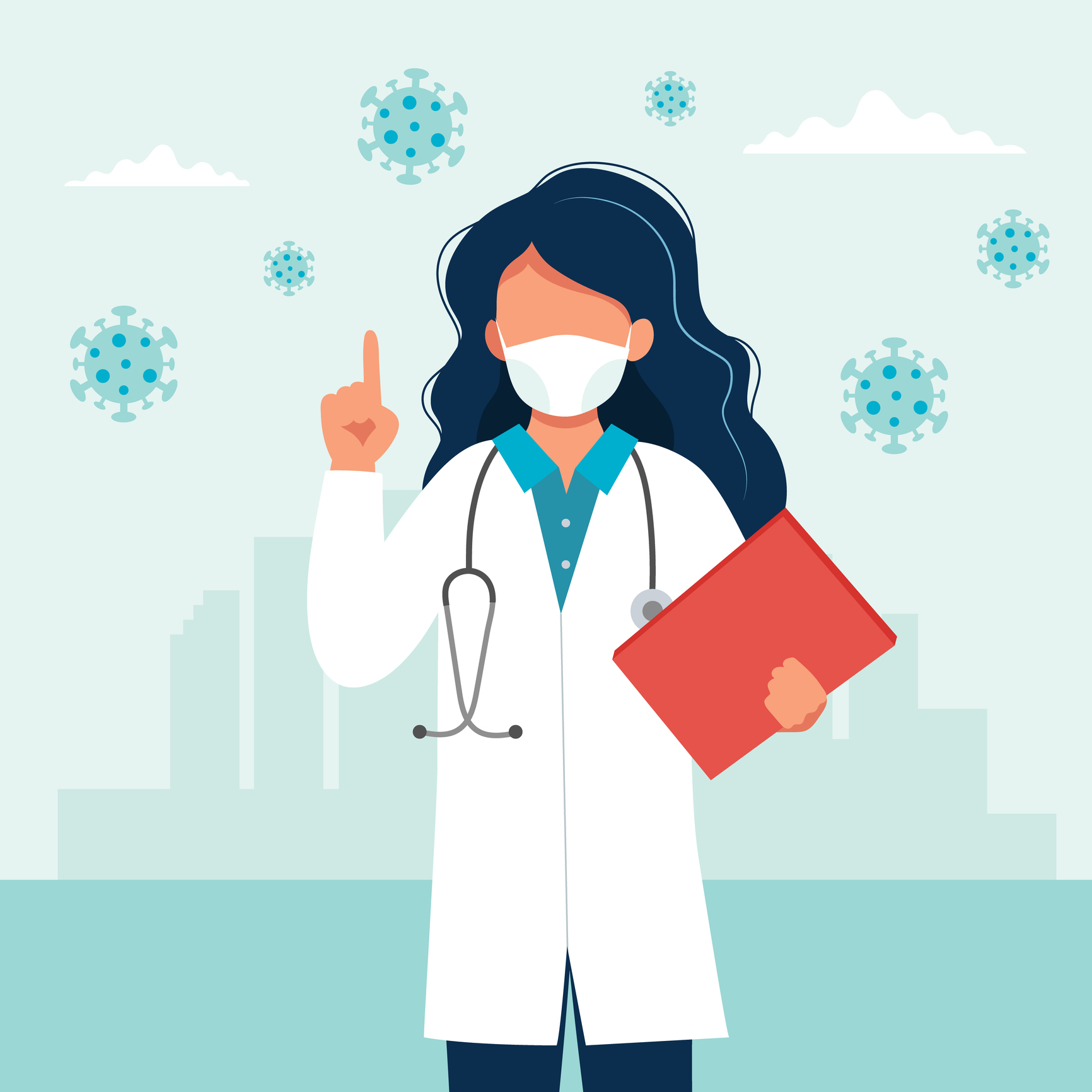Being a first responder during a crisis is challenging but rewarding work. To take care of their patients, healthcare providers must be feeling well and thinking clearly.
Responders experience high rates of stress during a crisis. According to the CDC, when stress builds up it can cause:
- Burnout – feelings of extreme exhaustion and being overwhelmed.
- Secondary traumatic stress – stress reactions and symptoms resulting from exposure to another individual’s traumatic experiences, rather than from exposure directly to a traumatic event.
Below are some important steps healthcare providers can take to help cope with challenging situations.
- Limit your time working alone by trying to work in small teams.
- Write in a journal in spare time.
- Talk to family, friends, supervisors, and teammates about your feelings and experiences.
- Practice breathing and relaxation techniques. Meditate and stretch.
- Take care of your body. Try to eat healthy, well-balanced meals, exercise regularly, get plenty of sleep, and avoid alcohol and drugs.
- Take breaks from watching, reading, or listening to news stories, including social media. Hearing about the pandemic repeatedly can be upsetting.
Coping techniques like taking breaks, meditating, eating healthy foods, and exercising can help prevent and reduce burnout and secondary traumatic stress.
Be able to spot the signs of both of these conditions in yourself and other healthcare staff so those who need a break or need help can address these needs.
Signs Of Burnout:
- Sadness, depression, or apathy
- Easily frustrated
- Blaming of others, irritability
- Lacking feelings, indifferent
- Isolation or disconnection from others
- Poor self-care (hygiene)
- Tired, exhausted or overwhelmed
- Feeling like:
- A failure
- Nothing you can do will help
- You are not doing your job well
Signs of Secondary Traumatic Stress:
- Excessively worry or fear about something bad happening
- Easily startled, or “on guard” all of the time
- Physical signs of stress (e.g. racing heart)
- Nightmares or recurrent thoughts about the traumatic situation
- The feeling that others’ trauma is yours
It is natural to feel stress, anxiety, grief, and worry during and after a disaster. Everyone reacts differently, and your own feelings will change over time. Notice and accept how you feel. Taking care of your emotional health during an emergency will help you think clearly and better care for your patients.


